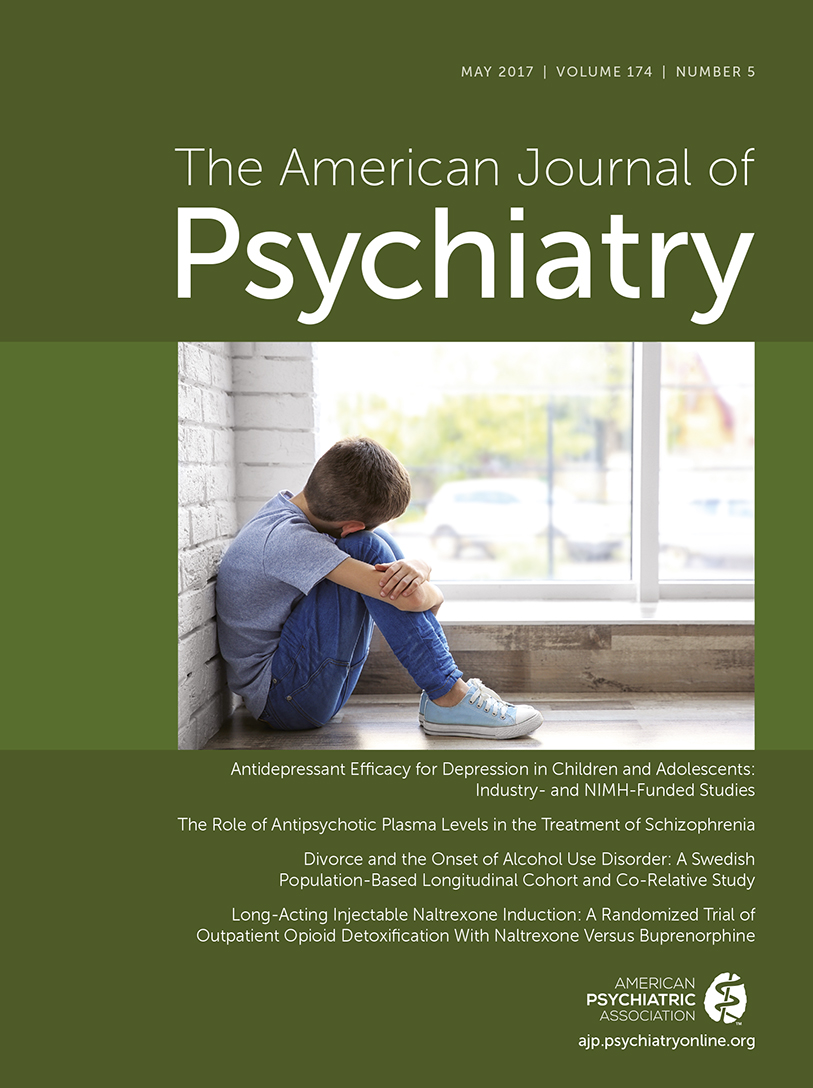Improving Mental Health: Four Secrets in Plain Sight

In Improving Mental Health: Four Secrets in Plain Sight, Dr. Sederer addresses the costly and alarming state of affairs of mental health by describing four “secrets” that reveal a way to close the science-to-practice gap. These secrets are fundamental ways in which everyday practices can be improved to reduce the discrepancy between what we know and what we do. Dr. Sederer notes that his audiences are mental health practitioners, clinical leaders, graduate students, and patients and their families. The book succeeds in addressing such a wide scope of audience with Dr. Sederer’s clear, down-to-earth, approachable writing.
Not to be a plot spoiler, but the four secrets are:
| 1. | Behavior serves a purpose. | ||||
| 2. | The power of attachment. | ||||
| 3. | Less is more. | ||||
| 4. | Chronic stress is the enemy. | ||||
The first secret stresses an often-overlooked insight that behavior that may seem perplexing to a lay observer may actually bear a lot of meaning for a patient. Dr. Sederer encourages anyone interacting with people with mental illness to consider the adaptive function or purpose the illness may have or have had historically. This is a welcome point because so often mental health practitioners, leaders, and patients themselves or their families tend to pathologize without putting themselves in the patient’s shoes or reflecting on the implicit meaning of the illness.
The second secret discusses the power of attachment. Dr. Sederer reviews the attachment research and literature and highlights an issue often underestimated by providers and caregivers: the patient’s need for a secure attachment. Providers may ignore how much their care, tone of voice, body language, and other mannerisms can affect a patient’s sense of safety.
The third secret is “less is more.” This secret is a true gem offering Dr. Sederer’s humanistic approach. Less is more as a rule is too often overlooked in health care, where providers and caregivers often tend to take an aggressive approach in terms of medication and hospitalizations as a first choice of care. Less reliance on medication, less neglect, less distancing from family, and less clinic- and hospital-based care are what Dr. Sederer prescribes. To Dr. Sederer, less can be replaced by a more comprehensive set of services delivered at homes and in the community with a recovery-oriented view of the future. Less medication and monitoring is more when comprehensive treatment aligns with what the patient is seeking, and less is more when prevention and early intervention are emphasized. According to Dr. Sederer, comprehensive programs will not cost more if hospital and emergency services are reduced. In time, this may also translate to reductions on the criminal justice, shelter, and welfare systems. This secret addresses more the systemic issues of mental health care and its current costly state.
The fourth secret is “chronic stress is the enemy.” Dr. Sederer reviews the effects of chronic stress on our physical and emotional health. This is probably the secret/chapter with the most resources and practical advice for the reader.
It seems that Dr. Sederer has undertaken two tasks in his book and through his public service:
| 1. | To make mental health issues more accessible to the public through his writings in the Huffington Post. In the book, secrets 1 and 2 pertain to this task by offering more of a psychological-formulation insight that is often overlooked in mental health practices. | ||||
| 2. | Secrets 3 and 4 offer more systemic insights as to how to reduce the science-to-practice gap on a system-wide level, which fit with Dr. Sederer’s role as medical director for the New York state mental health system. | ||||
While the book does not offer insights or literature that were not already known, Dr. Sederer’s neat, clear, and succinct packaging of this knowledge into a short 100-page book makes these issues very approachable and practical to lay readers and practitioners alike.



